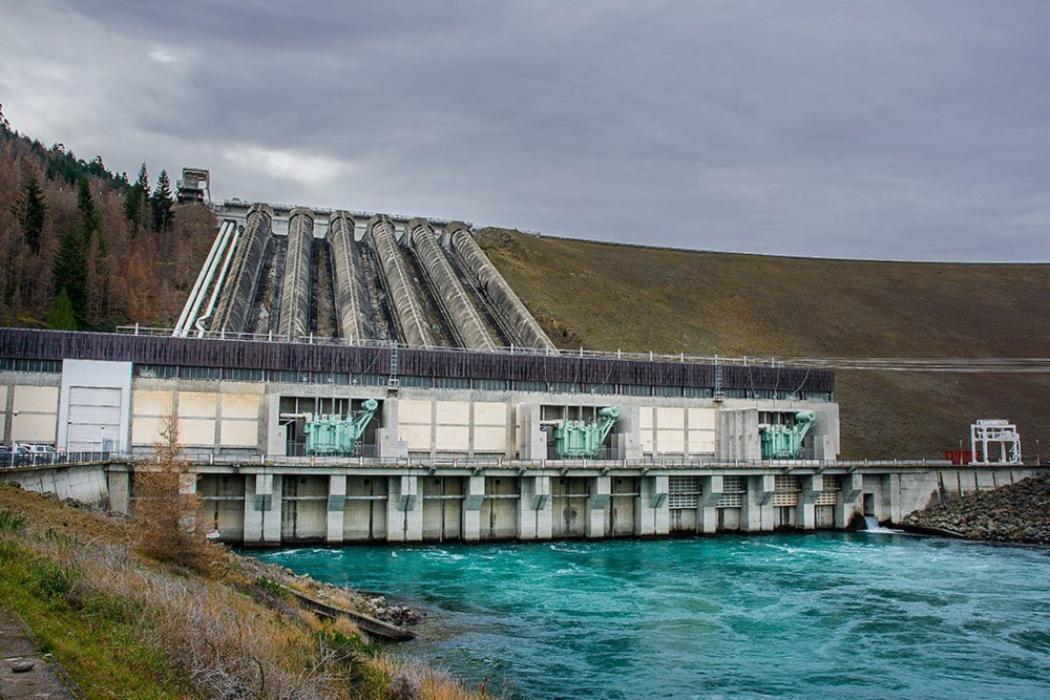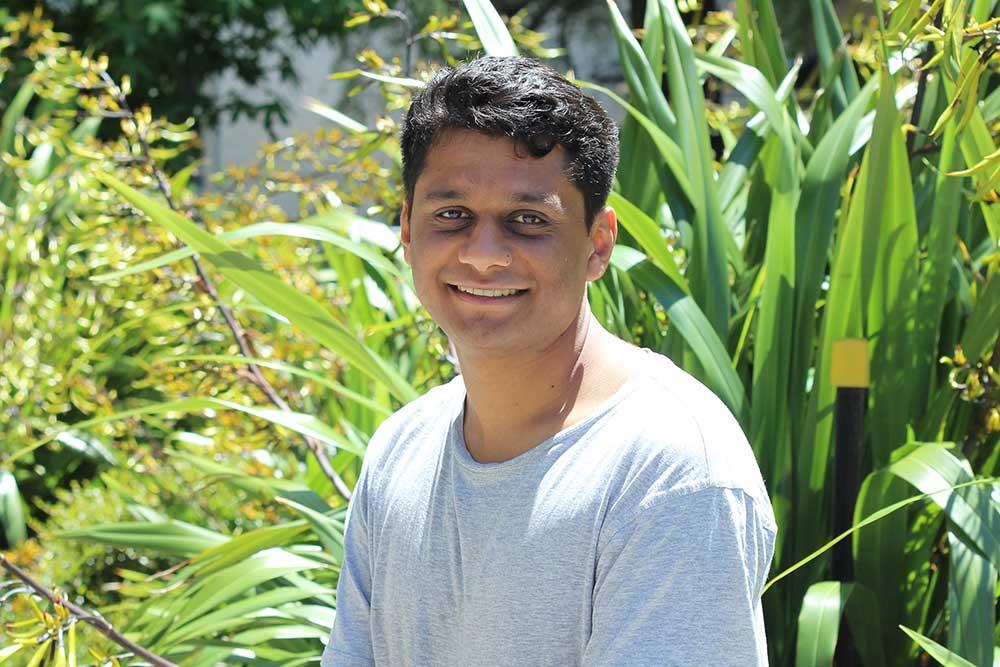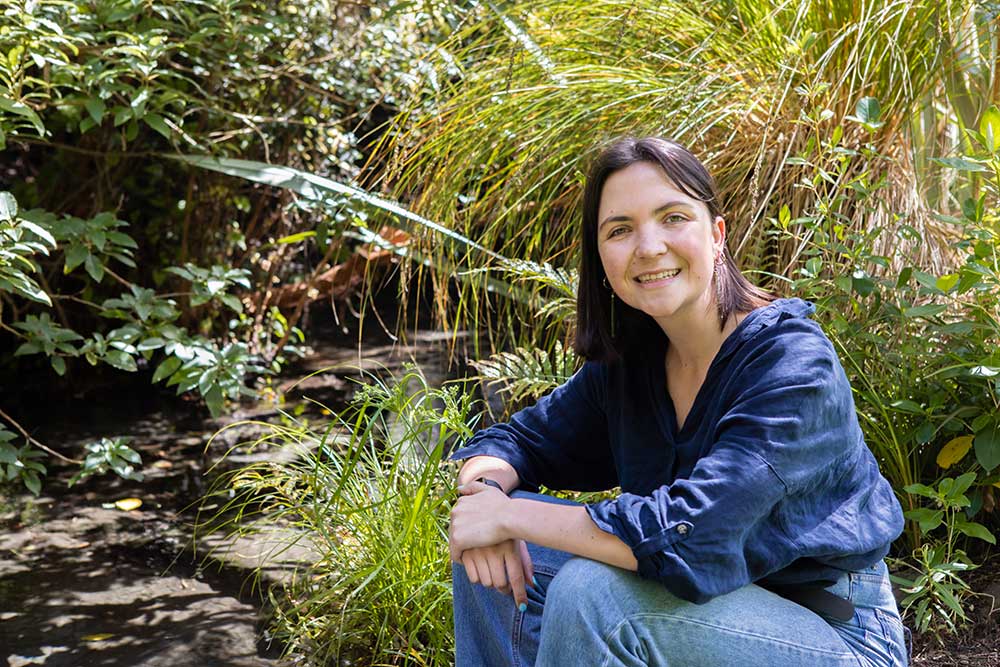Courses
Note: From 2025, Natural Resources Engineering is being rebranded and offered as Civil Engineering with a minor in Water and Environmental Systems Engineering.
First year
The first year of the Bachelor of Engineering with Honours is made up of six compulsory courses taken by all Engineering students, plus courses specific to Natural Resources Engineering:
You also need to complete one other 100-level elective course. Check with a Student Advisor for suggested options.
More information:
2nd–4th years
Once you have completed the first year and successfully applied for entry into Natural Resources Engineering, you will study that discipline within the next three years.
Communication skills are nurtured throughout, as all professional engineers need to be able to provide detailed engineering reports and effectively take part in presentations, public hearings, and inquiries.
Second year
An external field camp also forms part of the second-year programme.
Third year
An external site visit also forms part of the third-year programme.
Fourth year
Plus four courses chosen from the electives list, or any approved 400-level Engineering courses.
Those with a GPA of 6 or more may take a 600-level course as one of their options, with approval.










